The Air Force NCO Charge is a cornerstone document outlining the transition from enlisted to leadership roles, emphasizing leadership, responsibility, and core values. It serves as a formal pledge of dedication to the mission and excellence of the Air Force, guiding NCOs in their roles as leaders and mentors.
1.1 Overview of the NCO Charge
The NCO Charge is a formal document and ceremony marking the transition of Airmen to noncommissioned officer roles. It outlines leadership responsibilities, core values, and the expectations of NCOs in guiding teams, managing resources, and upholding Air Force traditions. The Charge emphasizes integrity, accountability, and mentorship, serving as a cornerstone for NCO leadership development.
1.2 Importance of the NCO Charge in the Air Force
The NCO Charge is vital as it formalizes the transition to leadership, instilling a sense of duty and responsibility. It underscores the role of NCOs in mission execution, unit cohesion, and professional development. By adhering to the Charge, NCOs embody the Air Force’s core values, ensuring operational excellence and fostering a culture of integrity and accountability across all levels of command.
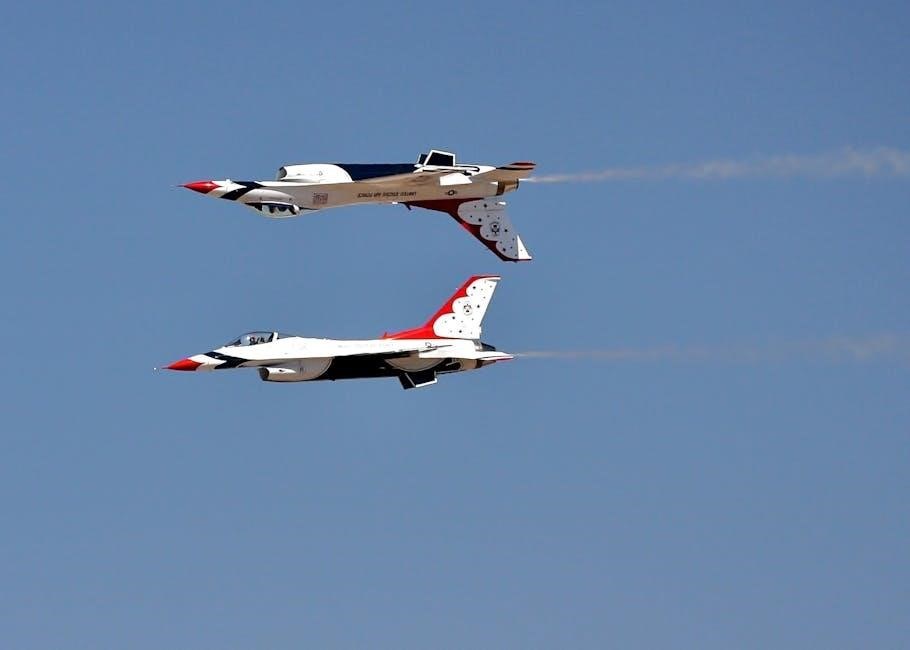
Historical Background of the NCO Charge
The Air Force NCO Charge has evolved historically, reflecting the service’s commitment to leadership excellence and core values, guiding NCOs in their developmental journey.
2.1 Evolution of the NCO Charge Document
The NCO Charge document has undergone significant revisions to align with changing Air Force missions and priorities, ensuring it remains relevant and reflective of modern leadership challenges. Its evolution emphasizes adaptability while maintaining foundational principles of integrity, service, and excellence, serving as a guiding framework for NCOs’ responsibilities and professional development across generations.
2.2 Key Milestones in the Development of the NCO Charge
The NCO Charge has evolved significantly, with key milestones including its formal adoption in 2024 to align with modern Air Force priorities. Updates reflect the integration of leadership principles and core values, ensuring relevance in a changing operational environment. The document’s development underscores its role as a foundational guide for NCOs, shaping their responsibilities and leadership ethos.
Key Components of the Air Force NCO Charge
The Air Force NCO Charge consists of the NCO Creed, the Charge document, and core values, outlining leadership responsibilities, resource management, and maintaining unit morale and discipline effectively.
3.1 The NCO Creed
The NCO Creed is a solemn pledge recited during induction ceremonies, symbolizing an Airman’s commitment to leadership, professionalism, and the Air Force’s core values. It emphasizes leading by example, fostering esprit de corps, and dedicating oneself to the mission, embodying the principles of integrity, service, and excellence. This creed is a cornerstone of NCO identity and responsibility.
3.2 The Charge Document
The Charge Document formally outlines the responsibilities and expectations of NCOs, emphasizing effective resource management, morale maintenance, and adherence to Air Force values. It serves as a guide for leadership, ensuring NCOs are prepared to lead with integrity, communicate effectively, and uphold the highest standards of professionalism and accountability within their units. This document is integral to NCO development and mission success.
3.3 Core Values and Responsibilities
The Air Force NCO Charge emphasizes core values of Integrity First, Service Before Self, and Excellence in All We Do. NCOs are responsible for leading by example, fostering unit morale, and ensuring resources are used effectively. They must remain vigilant in addressing adverse trends, promote fairness, and maintain high standards of professionalism and communication, embodying the Air Force’s mission and traditions.

The Senior Noncommissioned Officer (SNCO) Charge
The SNCO Charge signifies advanced leadership, entrusted with guiding the Air Force’s strategic vision. It highlights the transition to senior roles, emphasizing mentorship, operational excellence, and mission execution.
4.1 Differences Between NCO and SNCO Charges
The NCO Charge focuses on foundational leadership, mentoring, and resource management, while the SNCO Charge emphasizes strategic guidance, unit cohesion, and advanced responsibilities, reflecting broader leadership scope and impact.
4.2 Responsibilities of SNCOs
Senior Noncommissioned Officers are entrusted with strategic leadership, mentoring junior NCOs, and ensuring mission alignment with Air Force priorities. They oversee unit operations, foster esprit de corps, and serve as role models, embodying integrity and excellence while upholding the highest standards of professionalism and accountability.
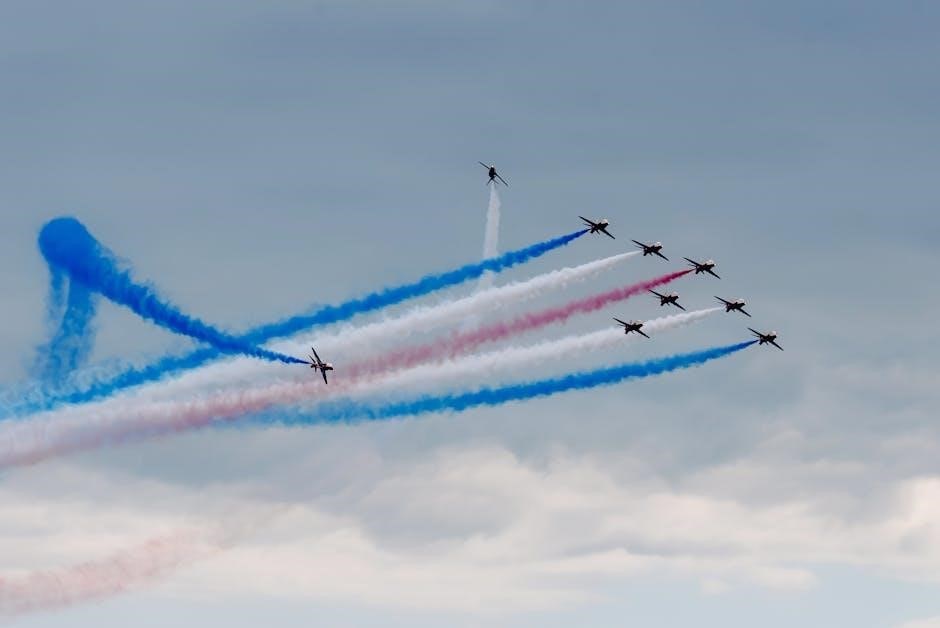
The NCO Induction Ceremony
The NCO Induction Ceremony is a formal event marking an Airman’s transition to leadership, emphasizing commitment to the Air Force’s core values and mission. It symbolizes their new role.
5.1 The Ceremony Process
The NCO Induction Ceremony begins with the recitation of the NCO Charge, symbolizing the transition from enlisted to leadership. Senior leaders present the NCO Creed, and the inductee signs the Charge document, formally accepting responsibilities. The event includes a script, the presentation of certificates, and a symbolic exchange, marking the Airman’s commitment to leadership and core values.
5.2 The Role of the Induction Ceremony Script
The induction ceremony script outlines the sequence of events, ensuring a structured and meaningful transition. It includes readings of the NCO Creed and Charge, speeches, and the formal acceptance of responsibilities. The script serves as a guide, ensuring consistency and adherence to tradition, while honoring the Airman’s commitment to leadership and the Air Force’s core values.
5.3 The Significance of the NCO Induction Certificate
The NCO Induction Certificate symbolizes an Airman’s formal acceptance into the Non-Commissioned Officer Corps. It acknowledges their commitment to leadership, integrity, and service. The certificate serves as a tangible reminder of their responsibilities and the trust placed in them to uphold Air Force traditions and values, marking a pivotal career milestone.
Responsibilities and Expectations of NCOs
NCOs are charged with leading by example, mentoring subordinates, managing resources effectively, and maintaining high morale and discipline within their units.
6.1 Leadership and Mentorship
NCOs are expected to embody leadership and mentorship, guiding Airmen to achieve personal and professional growth. They foster a culture of excellence, providing constructive feedback and inspiration, ensuring their teams are equipped to meet mission demands effectively. Mentorship is vital for developing future leaders and maintaining unit cohesion.
6.2 Resource Management and Accountability
NCOs are responsible for managing resources effectively and maintaining accountability to ensure mission success. They must ensure personnel and materials are used efficiently, aligning actions with Air Force priorities; Accountability for unit resources and adherence to policies are critical, reflecting responsible stewardship of Air Force assets and contributing to operational readiness.
6.3 Maintaining Unit Morale and Discipline
NCOs play a vital role in fostering unit morale and enforcing discipline, ensuring a productive and cohesive environment. They are charged with addressing adverse morale trends, providing feedback, and promoting unity. By leading with empathy and fairness, NCOs uphold Air Force standards, maintaining a disciplined force ready to achieve mission objectives effectively.
The Ceremony of the NCO Charge
The NCO Charge Ceremony is a formal recognition of an Airman’s transition to leadership, involving the recitation of the Charge, symbolizing commitment to Air Force values.
7.1 Preparation for the Ceremony
Preparation for the NCO Charge Ceremony involves meticulous planning, including selecting a venue, coordinating attendees, and ensuring all materials like scripts and certificates are ready. Airmen review the NCO Creed and Charge document to understand their responsibilities fully. The ceremony’s script and sequence of events are finalized to ensure a dignified and meaningful experience. Rehearsals are conducted to ensure smooth execution and adherence to tradition.
7.2 The Recitation of the NCO Charge
The recitation of the NCO Charge is a formal pledge where Airmen acknowledge their responsibilities as leaders. It emphasizes resource management, morale, and communication, while fostering professional growth. The Charge is typically recited during induction ceremonies, symbolizing an Airman’s commitment to uphold Air Force values and lead with integrity. Its recitation reinforces the significance of their new leadership role.
7.3 The Symbolism of the Ceremony
The NCO Charge ceremony symbolizes the transition from enlisted to leadership, embodying the core values of integrity, service, and excellence. It signifies the acceptance of greater responsibility and a commitment to mentorship. The formal setting and recitation underscore the gravity of leadership, fostering a sense of pride and accountability among NCOs as they embrace their new role.
Leadership Development Through the NCO Charge
The NCO Charge fosters leadership development by emphasizing mentorship, responsibility, and adherence to core values, preparing Airmen to lead effectively.
8.1 The Role of NCOs in Air Force Leadership
NCOs are pivotal in Air Force leadership, serving as mentors, role models, and decision-makers. They ensure mission execution, foster unit cohesion, and develop future leaders. Their responsibilities include guiding Airmen, upholding standards, and embodying the core values of Integrity, Service, and Excellence. NCOs bridge the gap between senior leaders and the enlisted force, ensuring effective communication and execution.
8.2 Professional Military Education (PME) and the NCO Charge
PME is integral to NCO development, integrating the NCO Charge to enhance leadership and technical skills. The NCO Creed and Charge are embedded in PME, reinforcing the responsibilities and values of NCOs. These documents guide Airmen in understanding their roles and expectations, ensuring alignment with Air Force traditions and mission requirements. The NCO Charge PDF is a key resource for this education.
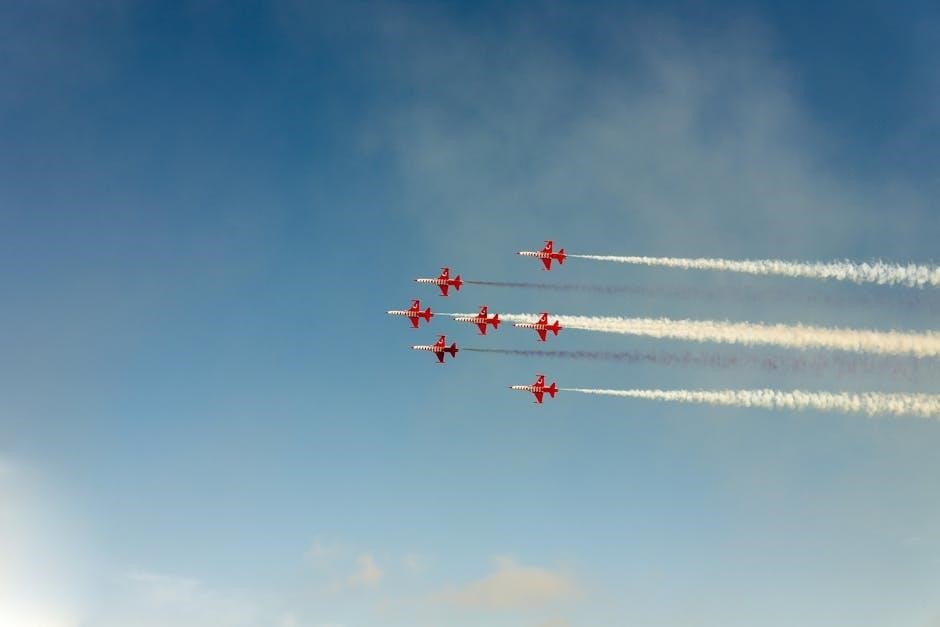
Challenges of Embracing the NCO Charge
NCOs face challenges balancing leadership and operational duties, adapting to evolving missions, and maintaining unit cohesion while upholding core values and responsibilities.
NCOs must harmonize leadership duties with operational tasks, ensuring effective mission execution while mentoring subordinates. This dual role demands strong time management, clear communication, and decisive action to maintain unit readiness and morale. Balancing these responsibilities is crucial for fostering a productive and disciplined environment, aligning with Air Force core values of integrity and excellence. NCOs must remain agile, aligning their leadership with evolving mission requirements. As the Air Force adapts to new challenges, NCOs are charged with fostering resilience and innovation within their units. Continuous learning and professional development are essential to meet dynamic operational demands, ensuring alignment with shifting priorities while upholding core values of integrity and excellence. The NCO Charge embodies Air Force tradition, fostering unit cohesion and esprit de corps. It reflects core values, inspiring NCOs to uphold their responsibilities with integrity and excellence. The NCO Charge deeply roots itself in Air Force tradition, symbolizing the transition from enlisted to leadership roles. It embodies the core values of Integrity First, Service Before Self, and Excellence in All We Do, ensuring continuity of leadership excellence and cultural heritage within the Air Force community, inspiring NCOs to uphold these timeless principles. The NCO Charge fosters unit cohesion by promoting a shared identity and collective pride among Airmen. It strengthens esprit de corps by aligning individual actions with Air Force values, fostering trust, and encouraging teamwork. This shared commitment enhances morale, discipline, and mission readiness, creating a unified and resilient force capable of overcoming challenges together. The NCO Charge is supported by official publications and guidelines, including pamphlets outlining ceremony protocols and professional development resources, ensuring Airmen understand their responsibilities and expectations. The NCO Charge PDF provides a comprehensive guide detailing the responsibilities and expectations of noncommissioned officers. It includes the formal pledge, core values, and leadership principles, serving as a reference for Airmen transitioning to leadership roles. Additionally, related publications such as induction ceremony guidelines and professional development resources are available to support NCOs in fulfilling their duties effectively. The Air Force provides detailed guidelines for conducting NCO induction ceremonies, ensuring consistency and professionalism. These guidelines outline the sequence of events, script templates, and certificate formats. They apply to all components, including the Regular Air Force, Reserve, and National Guard, ensuring a unified approach to recognizing Airmen transitioning into leadership roles. The Air Force NCO Charge embodies the legacy of leadership and excellence, guiding NCOs to embrace their roles with integrity and dedication, shaping the future of Air Force leadership. The NCO Charge stands as a timeless foundation, inspiring generations of Air Force leaders to uphold core values and excel in their duties. Its principles, rooted in integrity and service, continue to shape the culture and operational excellence of the Air Force, ensuring a legacy of strong, ethical leadership for the future; The future of NCO leadership lies in fostering innovation, strategic thinking, and inspiring the next generation of Airmen. As the Air Force evolves, NCOs will remain pivotal in guiding the force through modern challenges, ensuring mission success, and upholding core values. Their role in mentorship and leadership development will continue to shape the force’s readiness and excellence. The Air Force NCO Charge PDF and related publications provide detailed insights into leadership responsibilities and traditions. Additional online platforms offer further study materials and guidelines for professional development. The Air Force NCO Charge PDF is a primary resource, detailing the responsibilities and expectations of NCOs. Additional references include the NCO Creed, Charge Document, and Core Values. These documents emphasize leadership, integrity, and service, providing foundational knowledge for professional development. They are available on official Air Force websites and educational platforms, offering insights into the traditions and responsibilities of NCO leadership. Key online platforms include AFMentor and the official Air Force website, offering comprehensive resources like the NCO Charge PDF, induction ceremony guidelines, and leadership development materials. These platforms provide access to historical documents, creeds, and professional military education resources, ensuring Airmen stay informed and aligned with Air Force traditions and leadership expectations.9.1 Balancing Leadership and Operational Responsibilities
9.2 Adapting to Changing Air Force Missions and Priorities
Cultural Significance of the NCO Charge
10.1 The NCO Charge and Air Force Tradition
10.2 The Impact on Unit Cohesion and Esprit de Corps
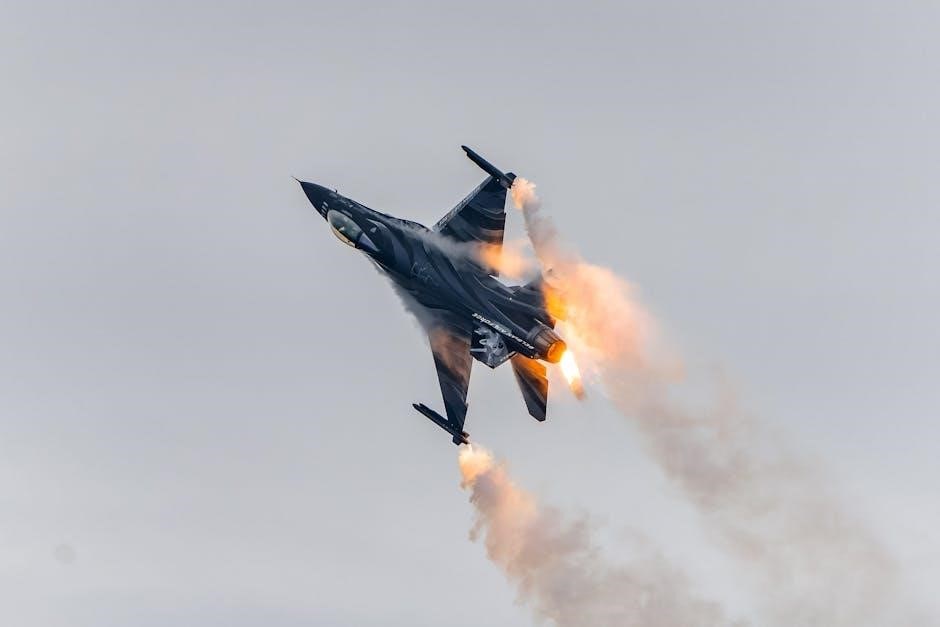
Supporting Documents and Resources
11.1 The NCO Charge PDF and Related Publications
11.2 Guidelines for NCO Induction Ceremonies
12.1 The Enduring Legacy of the NCO Charge
12.2 The Future of NCO Leadership in the Air Force
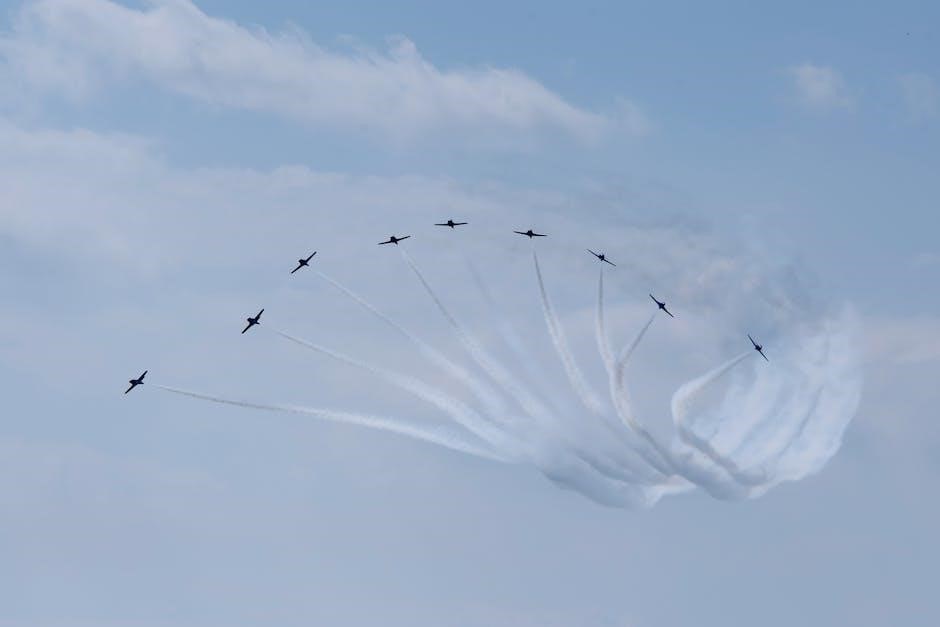
Additional Resources
13.1 Recommended Reading and References
13.2 Online Platforms for Further Study